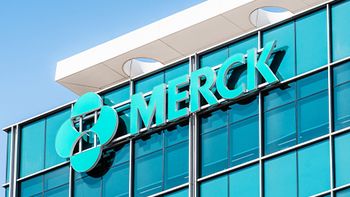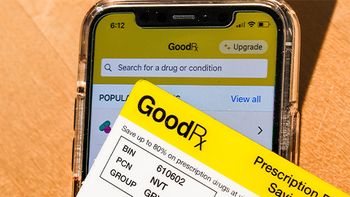
Reminder packaging is a 'consistently effective medication-adherence intervention strategy,' says Decision Resources
Analysts find that better adherence can be a competitive advantage in new-product introductions
A Strategic Insights report from Decision Resources (Burlington, MA), “The $300-Billion Elephant: Strategies for Addressing Patient Nonadherence,” cites reminder packaging (blister cards and other unit-dose forms of packaging) can be a valuable resource for companies introducing new products to the market. The $300-billion figure comes from
Typically,
"In competitive chronic disease treatment markets, early positioning of a new brand based on superior adherence could be a strong differentiator in a crowded market," says Kate Hohenberg, group SVP at the company. She adds that literature citations of studies of antihypertensives and lipid-lowering drugs show a 14-20% lift in adherence for those drugs when reminder packaging is used. While incremental packaging costs increase (in one study, by $25 over a six-month regimen), the increased usage can provide a quick ROI for the manufacturer—and potential savings in better health maintenance for the payer.
The report is available from
Newsletter
Stay ahead in the life sciences industry with Pharmaceutical Commerce, the latest news, trends, and strategies in drug distribution, commercialization, and market access.




